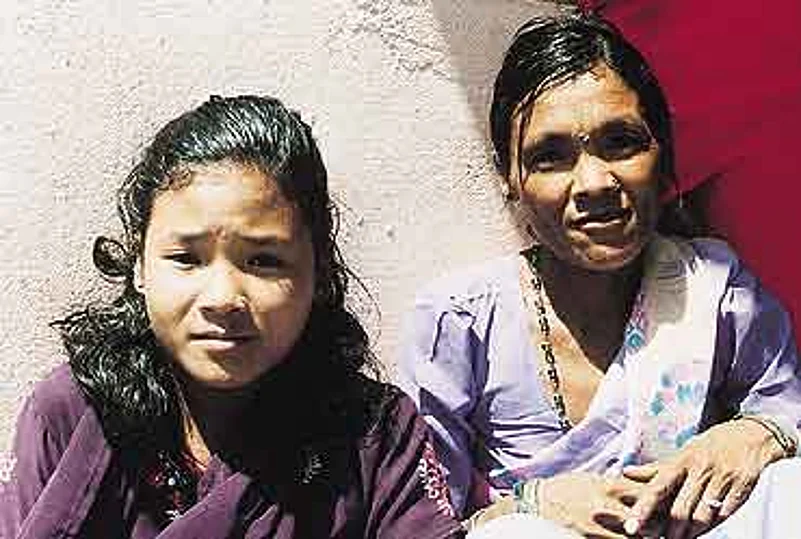
And Great Indian Circus was not alone in this carnival of cruelty. Since the event in Palakkad, 17 more Nepali children have been rescued from an Indian circus performing in Nepal. Last year, the EBT and its partners compiled a groundbreaking report on circus children in India. Across 29 circuses, researchers interviewed 230 children aged between 5 and 14; but at a conference in Delhi in August, circus owners admitted there were more children in the industry—up to 500. Nearly half were Nepali, most of the rest coming from West Bengal and Bihar. Khem Thapa, head of NCWF, says demand for Nepalis has increased as former feeder states like Kerala have become more educated. "Nepali children are also targeted because of their fair complexions," says Thapa. "The parents are far away, so there's little interference from them."
Both India and Nepal outlaw people-trafficking, but impoverished families who see no worth in education send their children away in return for cash from an agent. Often there is a five-year contract but in some cases no salary is actually paid, which makes it bonded labour. More than 80 per cent of the recruits are girls who, according to the report, are sought after by circuses for sexual reasons and have to wear scanty clothing and heavy make-up. One interviewee hinted at being sexually abused, but it's something not easily talked about.
The campaigners are trying to use the carrot instead of the stick. In January this year they secured the voluntary release of nine children from two circuses, although there were more. They even persuaded circus owners to sign a declaration directed at child-free circuses. Their aim, say the NGOs, is not to undermine circus as an art form. "Some of the circuses have started recruiting Russian adult artistes," says Thapa. "That's a good sign. The show will be much more professional, and fewer children will be taken."
But many Indian circuses are dragging their feet. Ironically, with the use of wild animals being banned in circuses, the demand for children has increased. Squeezed by cinemas, the industry feels under fire—not the ideal scenario for cleaning up its act.
In Hetauda, NCWF is working away to raise awareness at the Nepalese end, trying to expose agents and sending returnees back to school or finding them income-generating opportunities like beekeeping. "I feel very sad to think back to the circus and all the beatings I'd get," Padmini says. "Now I just want to learn a trade like tailoring, and get a bit of education."





















